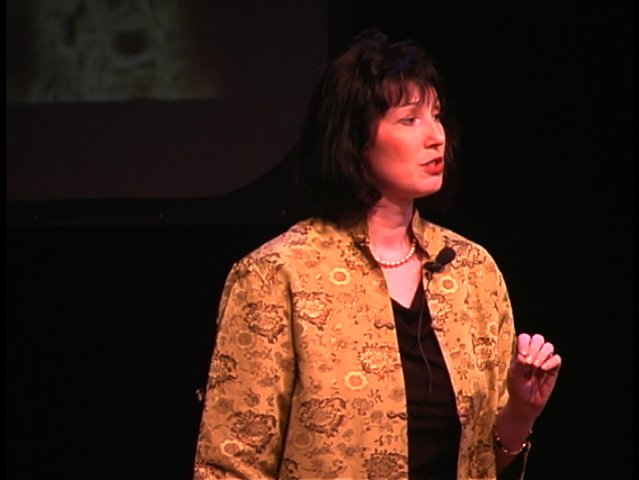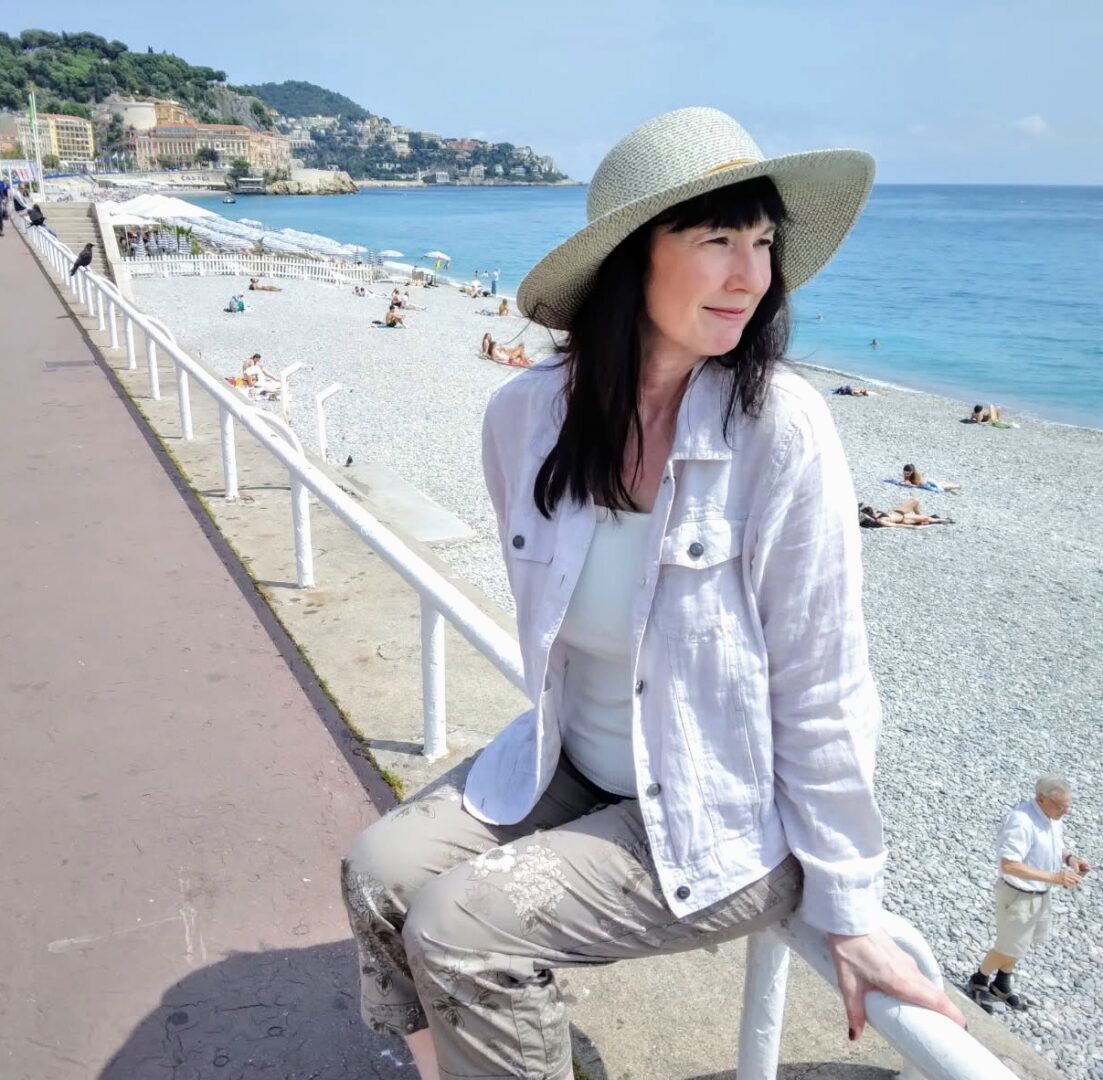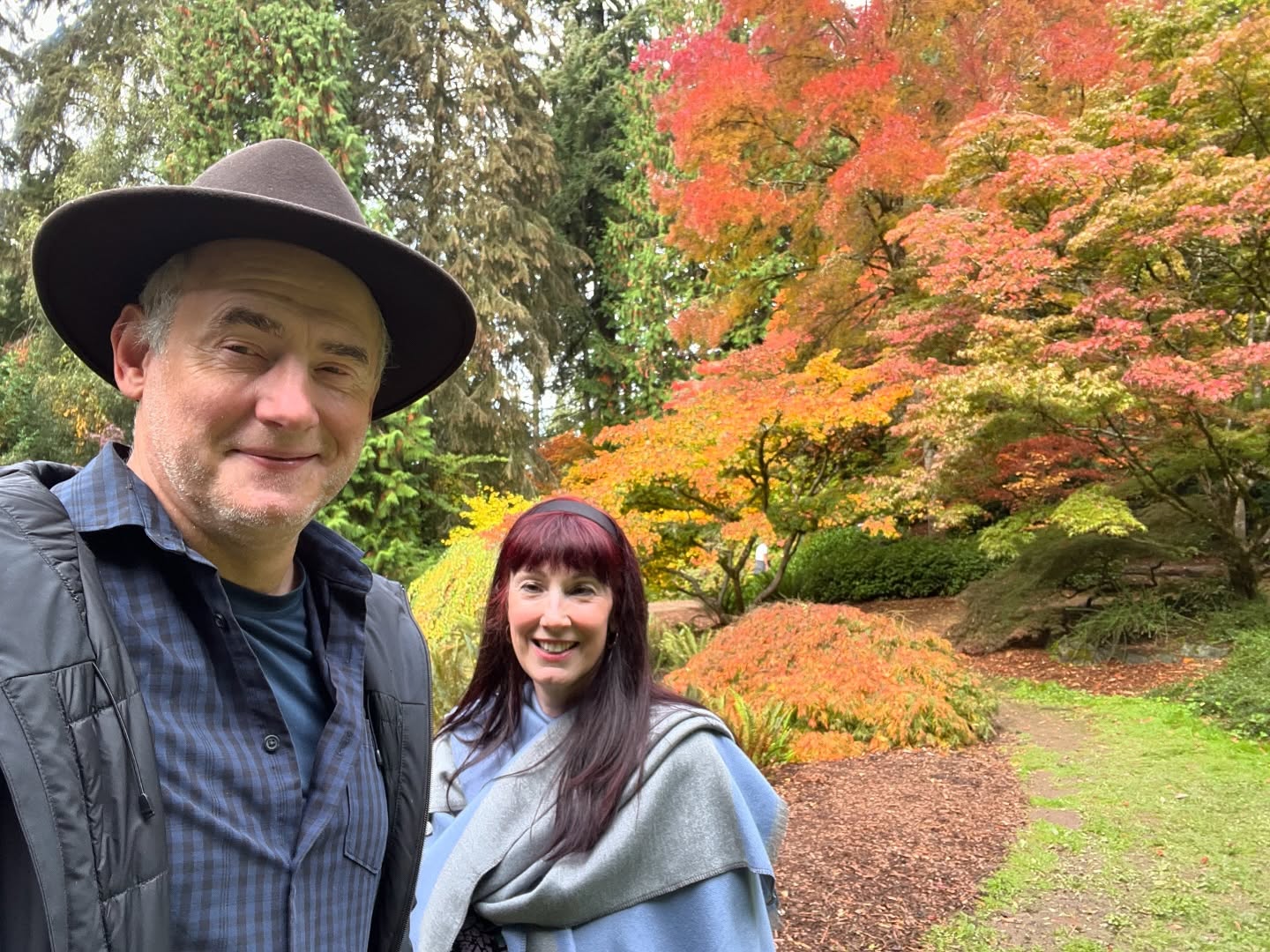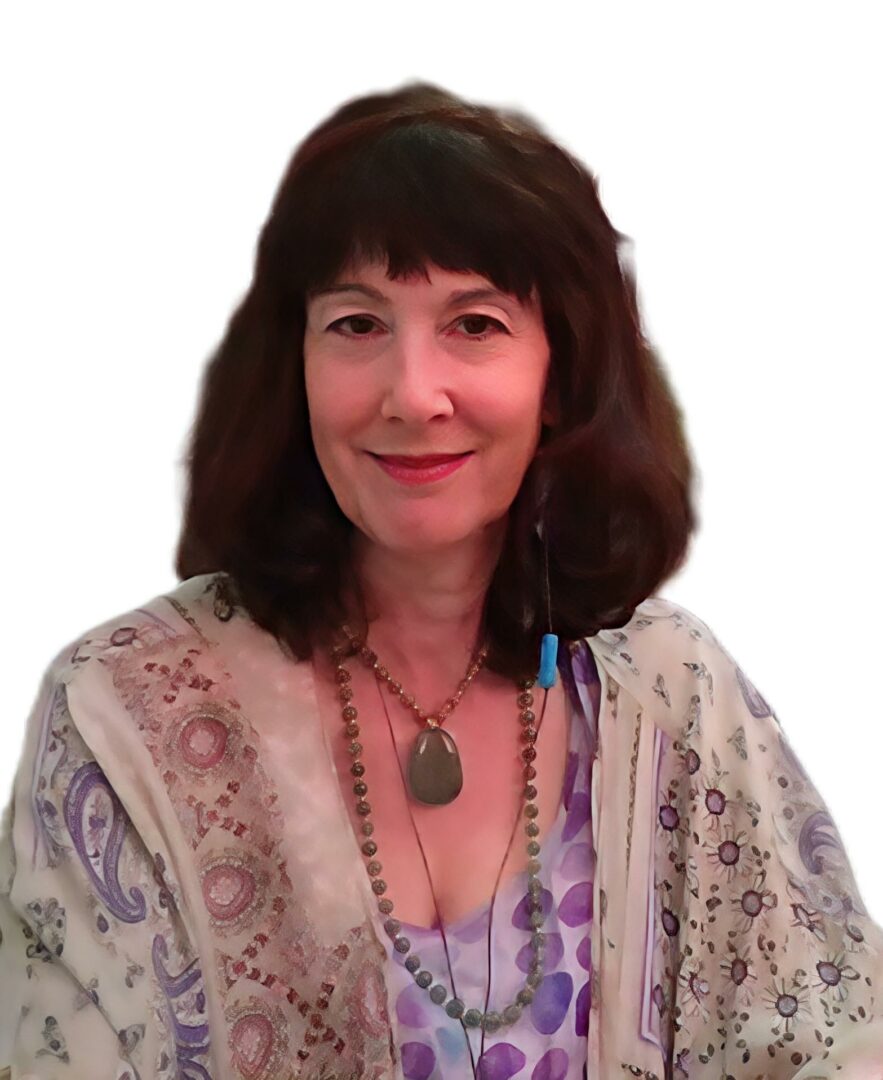We recently had the chance to connect with Eileen Wurst and have shared our conversation below.
Eileen, it’s always a pleasure to learn from you and your journey. Let’s start with a bit of a warmup: What are you chasing, and what would happen if you stopped?
Over the past four years that began in the heart of the COVID-19 pandemic, I have been embarking on completing a doctorate in somatic psychology through the California Institute of Integral Studies. It has been several decades since I was last in graduate school, which was held in-person because that was the only option at that time.
I’ve been attending classes, developing and conducting my research, and writing my dissertation while also maintaining a private psychotherapy practice that is both in-person and online. As I am in the final year of my doctoral program, I am finding that all the focus, attention, and dedication I had toward my dissertation is now being directed into presenting and teaching through my . I don’t think I will ‘stop’ or ‘retire’ until I no longer have the energy or stamina to continue.
Can you briefly introduce yourself and share what makes you or your brand unique?
I am Eileen Wurst, M.A., LMHC, and am based in Seattle, WA. I am a licensed mental health counselor and PhD candidate in Somatic Psychology at the California Institute of Integral Studies in San Franciso, CA. My current research and teaching focuses on the field of Cybersomatics: integrating somatic practices, such as body scan meditation, into virtual therapy sessions to enhance client embodiment and therapeutic outcomes. I am interested in future research and application of these somatic psychology techniques within the human-computer interaction of TeleMental health. I founded https://SOMI.Clinic for the psychotherapeutic application and practice of these investigations. I was led to this field through a multiple decade-long dedication and practice of the healing art of Reiki combined with my foundational background as a psychotherapist. I established and oversee the direction of the only licensed vocational school of Reiki, www.reikitrainingprogram.com. During my Reiki teaching career, I instructed several thousand students. In the past I brought Reiki into the mainstream through my work with the Veterans Administration, hospice organizations, and to the larger community. As the work continues to evolve, I foresee additional research, publication, and trainings having a broader reach.
Appreciate your sharing that. Let’s talk about your life, growing up and some of topics and learnings around that. What part of you has served its purpose and must now be released?
I am ready to release working in isolation. For over two decades, I served as the founder and director of the Reiki Training Program in Seattle, In the sharing of the practice of Reiki I had and still have much community. The day-to-day operations, however, were often quite lonely, running and attending to the details of the school by myself. The other Reiki teachers I knew were just as occupied, and we often weren’t able to connect as much as we wanted to.
As I have been embarking on this doctoral journey, I have also had to spend time alone conducting and disseminating my research on my own. However, I am constantly working with the ideas and interactions from others, both in-person and online. I have found sympatico with other researchers from around the world. This scholarly infrastructure is much more established and robust in comparison to the discipline of Reiki. Yet, Reiki practice continues to serve as a foundation and in many ways informs and connects me to the resources I need. I look forward to the continued collaboration and integration of my spiritual and academic areas of study.
When did you stop hiding your pain and start using it as power?
Along this path of doctoral research, which involved 15-20 hours a week of concentrated focus and problem-solving, there were often instances where my nervous system actually felt pain. As my research is in somatic psychology, mind-body psychology, I would realize it was my consciousness telling me I had reached a limit for the day. As a seasoned Reiki practitioner, I had learned multiple strategies at the practice of wellbeing. When I would feel that pain, I would acknowledge it, and sometimes I would channel it into physcial exercise, sometimes it would be tending to the backyard garden, and other times it would be using the pain to tell me I had reached a growth edge and now I was expanding into an area I had never been before. If the pain got too much, and sometimes it did, I would take Epsom salt baths or reduce sensory stimulation and apply self-Reiki to induce the relaxation response. The physcial pain I feel by stretching myself intellectually has been a guide in many ways.
Next, maybe we can discuss some of your foundational philosophies and views? What’s a belief or project you’re committed to, no matter how long it takes?
I will dedicate my continued research to what I call virtual intercorporeality. It is a way of describing the subtle, body-based connection people can still feel with each other, even when they’re not in the same room, through digital technologies like Zoom, FaceTime, or virtual reality.
Normally, in face-to-face encounters, we unconsciously tune into one another’s breathing, posture, facial expressions, and gestures. This embodied dialogue is what philosophers call intercorporeality, a bodily back-and-forth that builds trust, empathy, and presence. What’s fascinating is that, even when communication happens through screens or headsets, parts of this bodily resonance can still come through.
Virtual intercorporeality captures this idea: that our sense of being connected isn’t only about words or images but also about the felt experience of sharing time, rhythm, and emotion digitally. Even though technology filters or distorts some signals, it also creates new ways of connecting, like through avatars, video, or even future haptic touch.
In everyday terms, it’s that strange but powerful feeling of being with someone online, where presence and empathy seem to cross the digital gap.
Before we go, we’d love to hear your thoughts on some longer-run, legacy type questions. If you knew you had 10 years left, what would you stop doing immediately?
I would implement a plan to close my psychotherapy practice and make arrangements to have my existing clients transition to work with other counselors I respect. I would focus full-time on my writing, teaching, and presenting. Unlike other jobs, I couldn’t just ‘close’; that is unethical and considered ‘abandonment’ of clinical practice. During this latter part of the dissertation writing this year, I have had to reduce my hours. This happened organically as some long-time clients ‘graduated’ out of therapy, others moved away. The extra time I have gained for writing, I am now implementing while maintaining my clinical practice.
Contact Info:
- Website: https://somi.clinic
- Instagram: https://www.instagram.com/eileendey/
- Linkedin: https://www.linkedin.com/in/eileen-d-wurst-1466431/
- Facebook: https://www.facebook.com/eileen.dey
- Youtube: https://www.youtube.com/@SOMI.Clinic
- Soundcloud: https://soundcloud.com/eileen-dey-wurst



Image Credits
Eileen Wurst
so if you or someone you know deserves recognition please let us know here.




